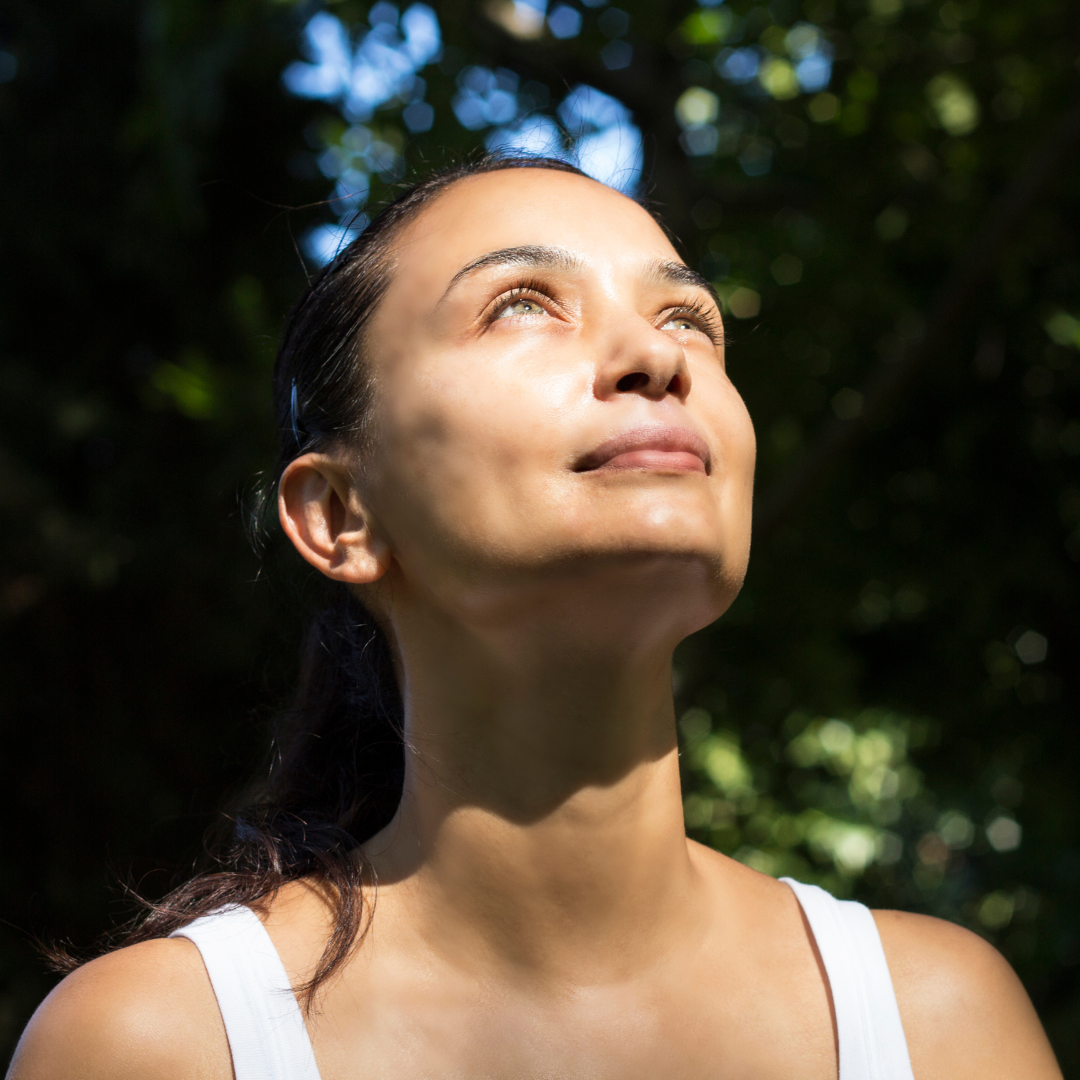With summer sadly coming to an end and the weather cooling down, we’re more inclined to start spending more time indoors and less time outside in nature. While most of us are aware that spending more time indoors can have a negative impact on areas such as activity level and mental health – less people tend to be aware of how it can impact the health of our eyes.
From looking out into the distance to spending time in natural light, read on to find out how spending more time outdoors this Autumn could benefit your vision.
Furthering your focus
One of the most important ways that being outdoors can help our vision is by enabling our eyes to focus on further distances. In fact, researchers found that spending more time outside prevents short-sightedness in children, as it ensured that their eyes remained used to adapting to different visual ranges[i].
That’s because the parts of our eye that help us to see things in the distance can lose their strength if they’re not used regularly. This is common among people who work on computers all day, or for those who spend a lot of time looking at their phone screen. However, it’s not just screens that can be damaging to our vision – people who spend a lot of time indoors are also at increased risk of short sightedness, since often nothing is further than 10 feet away.
The best way to improve your distance vision, is to use it! Make it a habit to take a break every couple of hours to go outside and observe what’s going on further away from you.
Spend time in natural light
Other research has found that the more time spent in sunlight, and so the more that our eyes are exposed to UVB rays, the less likely a person is to develop short sightedness[ii]. It’s thought that this is because of the time spent outside meaning more exposure to natural light for our eyes – light which is brighter than when we’re indoors. This brighter light stimulates our eye to release the hormone dopamine, which regulates the growth of our eyes and is thought to help prevent short sightedness.
So, as well as stepping outside to look into the distance, it’s also a great opportunity to spend time in natural light. However, make sure you protect your eyes with sunglasses in the sunnier months, as UVB rays can still be damaging.
Bring nature indoors
While there are so many benefits to getting outside in nature, it’s understandably not always possible – especially living in countries such as the UK during wintertime. Luckily, bringing nature indoors can have benefits for our eye health too. This is because certain indoor plants are able to keep our eyes healthy by absorbing irritating toxins from the air. This is especially important since toxic particles are unable to escape our homes freely due to a lack of ventilation, making the air in our homes twice as polluted than the air outdoors[iii].
House plants, which are particularly beneficial for eye health, are lady palm plants, as these are able to purify the air and absorb ammonia – a chemical commonly emitted by cleaning products, which can cause irritation and stinging to eyes. English ivy is also good for absorbing airborne faecal matter (commonly found in bathrooms), which contains bacteria known to lead to eye infections such as conjunctivitis.

Natural nutrition for optimal eye health
As well as spending time outdoors, nutrition is a key factor to ensuring optimal eye health. Each of Doctor Seaweed’s Weed & Wonderful® Focus+ capsules contain Organic Scottish seaweed (providing your daily intake of iodine), plus essential natural and plant-based nutrients specifically for eye health - including B-vitamin complex and Zinc. These botanical benefits are further boosted, with the addition of a natural and plant-based source of Omega- 3 DHA in the form of a soft gel.
Order now and feel the benefits for yourself!

